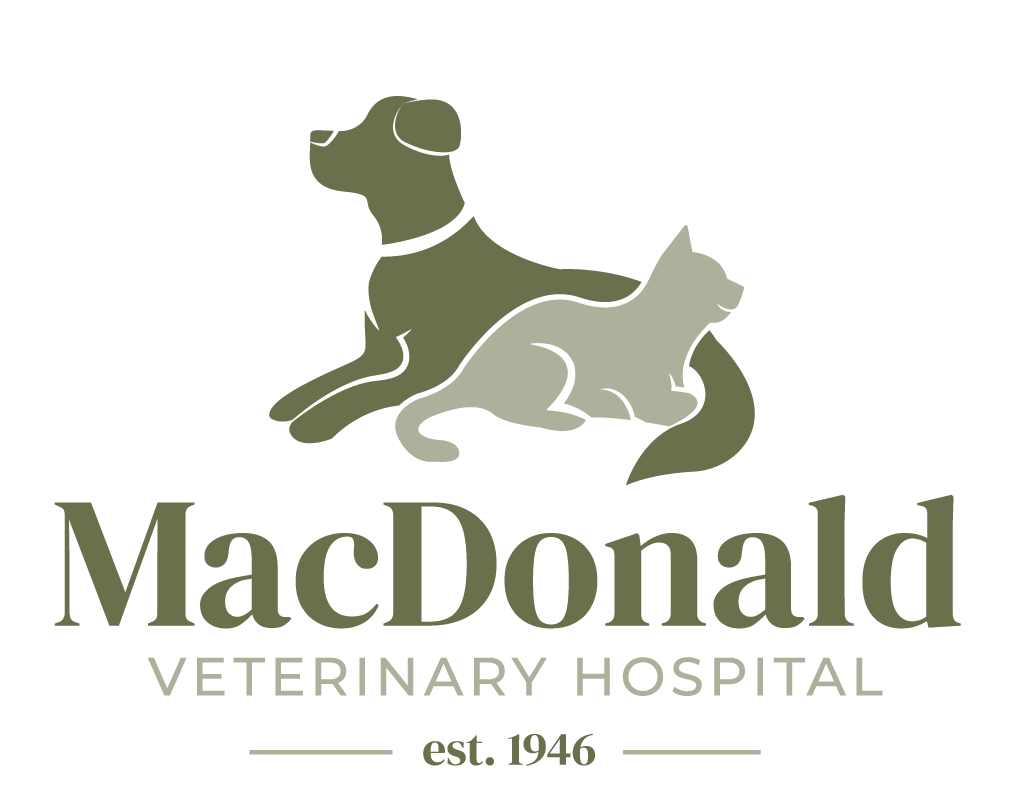Yes, office hours are by appointment only.
What Forms of Payment Do You Accept?
We accept Mastercard, Visa, Discover, American Express, Checks, CareCredit, and Cash.
My Pet Stays Indoors, Do They Need A Rabies Vaccination?
Yes, it is a state law. Besides, it is zoonotic (transferrable to humans) so why take the risk?
My Cat Is Terrified Of Dogs, Are There Special Accommodations?
Yes, our building is designed with separate entrances and waiting rooms for cats and dogs.
How Old Should My Pet Be in Order to Be Spayed or Neutered?
Kittens and puppies can be spayed or neutered around the age of eight to ten months.
What Type of Food is Healthiest for My Pet?
Any major brand of pet food is usually fine; it is also helpful, however, to look for food that has been certified by the American Feed Control Officials. The question of dry verses wet food depends on what the owner and pet prefer. For the first year of age, cats and dogs should eat puppy or kitten food, and then they may transition to adult food after that.
How Much Food Should My Pet Eat?
Since every pet and every type of pet food is different, you should use the food bag and your pet as a guide. The amount of food depends on your pet’s metabolism and lifestyle—more active pets will need more food. In general, it is good to feed your pet three times a day until it is 6 months of age, then reduce it to twice a day.
Should I Brush My Pet’s Teeth?
A professional dental cleaning will remove plaque and tarter form your pet’s teeth, just like it does from the teeth of pets’ owners. Regular brushing, in addition to the dental cleaning, will prevent the tarter from coming back, So, yes, brushing your pet’s teeth daily is appropriate. If your pet does not tolerate brushing, there are special diets and dental chews available.
